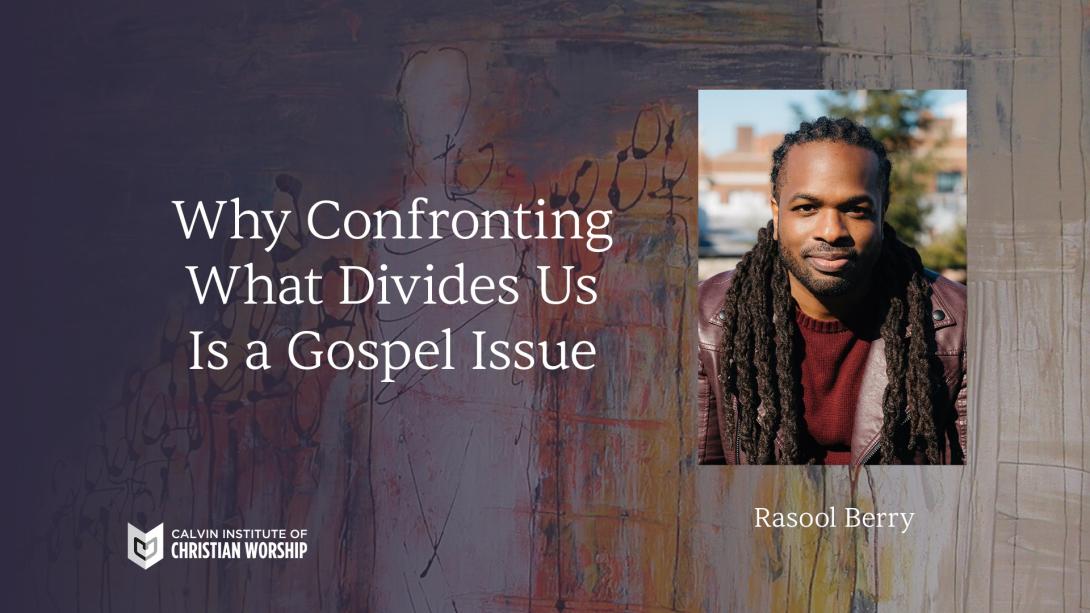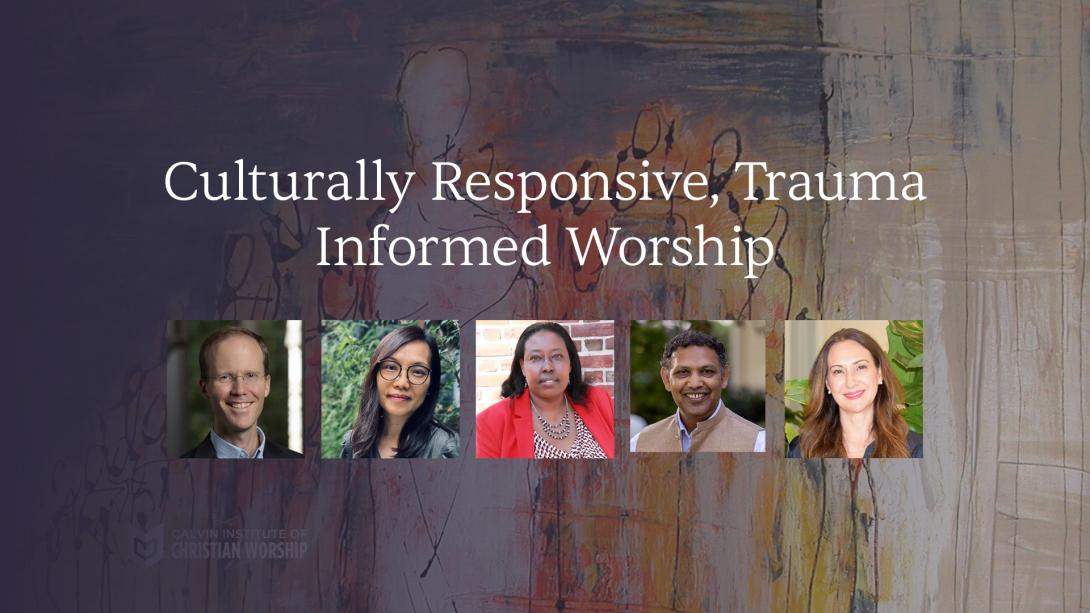At first glance, our Sunday morning songs of praise and adoration might not seem like the most apt response to the world's trauma. How can so much joy, light, and enthusiasm possibly minister to so much pain and trauma? Indeed, praise can be a problem, particularly when it slips into simplisitic cliché, when it massages our egos rather than converts them, and when it promotes a triumphalistic vision detached from the cross of Christ. Yet the praise of the triune God can also be an anchor in a storm, a vision of light in the shadows, a practice of hope in context of hopelessness. And transfigured praise can also point us to other practices of cruciform engagement with the world's troubles that many victims of violence and trauma have found to be healing. While a significant dimension of our response to violence is occasional, responding to specific events and tragedies, we have so much to learn about how ordinary, routine practices can be used by God's Spirit to bring healing and hope.
Violence, Injustice, Trauma, and the Ordinary Practices of Christian Worship in a Social Media Age, a 3-part lecture series with Dr. John Witvliet
Recent Media Resources
Why Confronting What Divides Us Is a Gospel Issue
This workshop will examine why corporate gathering and worship as the church require us to address potentially polarizing issues.
Culturally Responsive, Trauma-Informed Worship
In today’s diverse and interconnected world, understanding and addressing trauma through a culturally responsive lens is essential for creating inclusive and healing worship experiences.
Cultivating the Creative Life
What is creativity, and why do we still need to talk about it? Join Sandra McCracken in a conversation on faith, imagination, and creativity.
Why Confronting What Divides Us Is a Gospel Issue
This workshop will examine why corporate gathering and worship as the church require us to address potentially polarizing issues.
Culturally Responsive, Trauma-Informed Worship
In today’s diverse and interconnected world, understanding and addressing trauma through a culturally responsive lens is essential for creating inclusive and healing worship experiences.
Cultivating the Creative Life
What is creativity, and why do we still need to talk about it? Join Sandra McCracken in a conversation on faith, imagination, and creativity.
Singing Bilingual Psalms from Passion Week through Ascension Day
A conversation with Tony Alonso.





